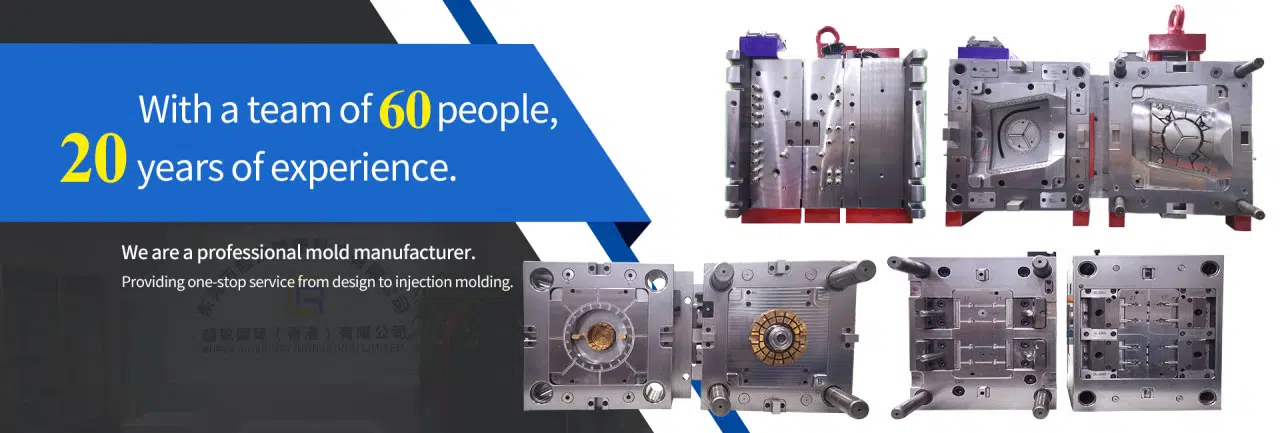Automotive Industry Trends in 2023
July 10, 2025 | News | No Comments

# Automotive Industry Trends in 2023
## The Rise of Electric Vehicles (EVs)
The automotive industry is undergoing a significant transformation in 2023, with electric vehicles (EVs) leading the charge. Major automakers are accelerating their EV production to meet growing consumer demand and stricter environmental regulations. Companies like Tesla, Ford, and Volkswagen are introducing new models with improved battery technology, longer ranges, and faster charging capabilities.
Governments worldwide are also supporting this shift through incentives and infrastructure development. The expansion of charging networks is making EV ownership more convenient, addressing one of the primary concerns of potential buyers.
## Autonomous Driving Advances
Autonomous driving technology continues to evolve in 2023, with more advanced driver-assistance systems (ADAS) becoming standard in new vehicles. While fully autonomous cars are not yet mainstream, partial automation features like lane-keeping assist, adaptive cruise control, and self-parking are becoming more sophisticated.
Companies like Waymo and Cruise are expanding their autonomous ride-hailing services in select cities, showcasing the potential of this technology. However, regulatory challenges and safety concerns remain significant hurdles to widespread adoption.
## Connectivity and Digitalization
The integration of advanced connectivity features is another major trend shaping the automotive industry. Modern vehicles are increasingly becoming “smart devices on wheels,” with over-the-air (OTA) updates, advanced infotainment systems, and vehicle-to-everything (V2X) communication capabilities.
This digital transformation is enhancing the driving experience while also opening new revenue streams for automakers through subscription-based services and data monetization.
## Sustainability and Circular Economy
Sustainability is moving to the forefront of automotive industry priorities. Manufacturers are focusing on reducing the carbon footprint of their production processes and exploring more sustainable materials for vehicle construction.
The concept of a circular economy is gaining traction, with increased emphasis on battery recycling, component reuse, and end-of-life vehicle processing. These initiatives are helping the industry move toward more environmentally responsible practices.
Keyword: Automotive
## Supply Chain Challenges and Localization
The automotive sector continues to face supply chain disruptions in 2023, though the situation has improved from previous years. Many manufacturers are reevaluating their supply chain strategies, with a growing trend toward localization and nearshoring to reduce vulnerabilities.
The semiconductor shortage, while easing, remains a concern, prompting automakers to forge closer partnerships with chip manufacturers and explore alternative solutions.
## Changing Consumer Preferences
Consumer preferences are evolving rapidly, with many buyers prioritizing technology features, sustainability, and ownership flexibility over traditional brand loyalty. The subscription model for vehicle access is gaining popularity, particularly among younger demographics.
These shifting preferences are forcing automakers to rethink their business models and customer engagement strategies to remain competitive in this dynamic market.